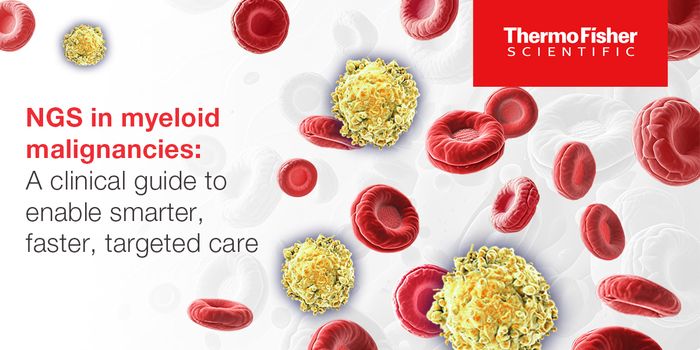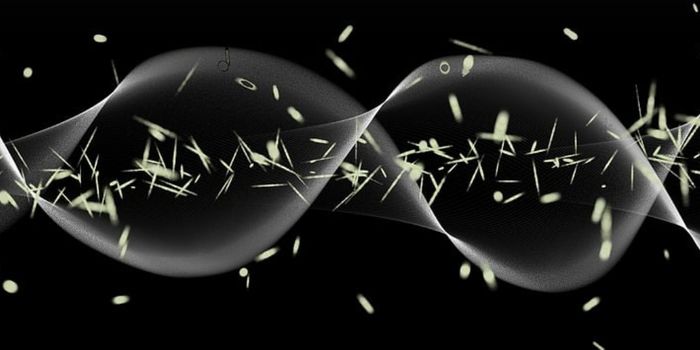The Best Diet for us may Depend on Our Genes
Our genes underlie all of our physiology, and researchers are trying to find out how to use genetic data to improve treatments. Now scientists have learned that our genetics may help find a better diet for us. The work, reported in the journal Genetics by investigators at Texas A&M, used animal models to show that one type of diet has different effects depending on the underlying genetics.
"Dietary advice, whether it comes from the United States government or some other organization, tends to be based on the theory that there is going to be one diet that will help everyone," noted the senior author of the work, David Threadgill, Ph.D., of the Texas A&M College of Medicine and College of Veterinary Medicine & Biomedical Sciences. "In the face of the obesity epidemic, it seems like guidelines haven't been effective."
Researchers led by Threadgill utilized four different animal model groups to assess five diets and their impact on health over six months. Within one group, the same genetic makeup was shared among the members, but compared to one another, two different groups were meant to reflect the differences between two unrelated people.
Test diets were given to the groups; one was higher in fats, and refined carbs like corn - an American-style diet. Other foods the groups received were meant to be like human diets that are seen as healthy: Mediterranean style, with wheat and red wine extract, Japanese style, with rice and green tea extract and Atkins-like or ketogenic, high in fat and protein with very few carbs. The final diet was standard rodent chow.
While the diets perceived as healthy had good results for most individuals, there were exceptions. In one of the four genetic types, the Japanese-like diet had a poor effect, for example. "The fourth strain, which performed just fine on all of the other diets, did terrible on this diet, with increased fat in the liver and markings of liver damage," explained lead author William Barrington, a recent Ph.D. recipient from the Threadgill lab.
The Atkins-like diet had a similar effect: two genetic types responded well, but two did very poorly. "One became very obese, with fatty livers and high cholesterol," Barrington said. The other had a reduction in activity level and more body fat but still remained lean. "This equates to what we call 'skinny-fat' in humans, in which someone looks to be a healthy weight but actually has a high percentage of body fat."
"In humans, you see such a wide response to diets," Barrington said. "We wanted to find out, in a controlled way, what was the effect of the genetics." The researchers looked for evidence of metabolic syndrome and took physiological measurements; they included high blood pressure, fatty liver, cholesterol and blood sugar. Behavioral differences were also assessed, like their food intake and movement.
"I wanted to get the diets as close to popular human diets as possible," Barrington explained. "We matched fiber content and matched bioactive compounds thought to be important in disease."
Unsurprisingly, the American-style diet was not good for the animals. Two strains got very fat and had the accompanying metabolic problems. There were fewer negative effects in other strains; one had more liver fat than usual but few other changes. The Mediterranean diet had a mixed effect. There were healthy groups, and others gained weight, though it was less than that gained from the American diet. The animals were free to consume as much food as they wanted; these effects remained.
It seems that this may explain why a particular diet may have a miraculous effect on one individual while doing nothing for another; there may not be one answer for all people. "My goal going into this study was to find the optimal diet," Barrington said. "But really what we're finding is that it depends very much on the genetics of the individual, and there isn't one diet that is best for everyone."
Next, the research team wants to determine which genes respond to the diets. "One day, we'd love to develop a genetic test that could tell each person the best diet for their own genetic makeup," Barrington said. "There might be a geographical difference based on what your ancestors ate, but we just don't know enough to say for sure yet."
People have been attempting to use their genes to find the best diet for awhile. The video above has more about that.
Sources: AAAS/Eurekalert! Via Texas A&M University, Genetics









